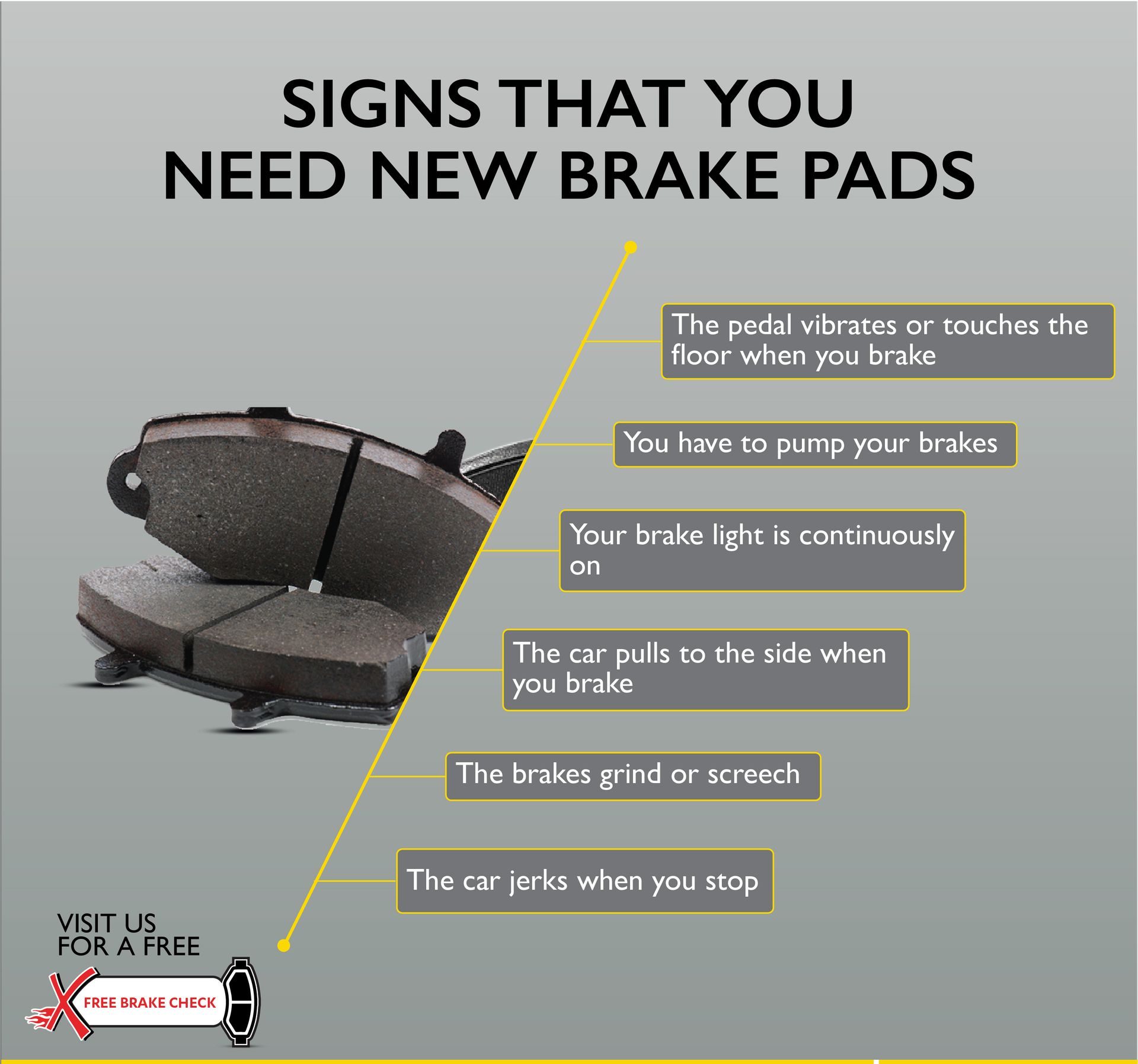
Ensuring your vehicle's brake pads are in good condition is one of the most critical aspects of car maintenance. Whether you're a daily commuter, a road trip aficionado, or simply a safety enthusiast, understanding the importance of brake pads can mean the difference between a safe drive and an accident. Today, we'll explore what brake pads are, when you should consider changing them, and how to check their condition.
What Are Brake Pads?
Brake pads are essential components of your vehicle's braking system. These small but mighty parts are designed to convert kinetic energy into thermal energy through friction. When you press the brake pedal, the brake pads press against the brake rotors, slowing down and eventually stopping your vehicle. Without well-functioning brake pads, your car's ability to stop efficiently is severely compromised, posing a significant safety risk.
When Should I Change My Brake Pads?
Knowing when to change your brake pads isn't just about mileage; it's about recognizing the signs of wear and tear. Here are some indicators that it might be time for a replacement:
If you notice a squealing noise when you brake, your brake pads likely need to be replaced. The squealing noise is caused by a small metal tab that rubs against the rotor when the pad gets too thin. This is called the wear indicator, and it's there to let you know when it's time to replace the pads. However, when new brake pads are fitted, they can also make noise. Learn why this happens here.
Another sign that your brake pads need to be replaced is if you feel a vibration in the steering wheel or pedal when you brake. Several things can cause this, but it's often a sign that the pads are worn down and need to be replaced.
Even if you don't notice any problems with your brakes, it's still a good idea to change your pads every 20,000 kilometres or so as preventive maintenance. This will help ensure that your brakes are always in good condition and ready to work when you need them.

There are a number of factors that can cause your brake pads to wear out. Learn more about them here
How to Check Brake Pads
Regularly checking your brake pads can save you from unexpected repair costs and ensure your vehicle remains safe to drive. Here's a simple step-by-step guide to help you check your brake pads:
Step 1: Gather Your Tools
You'll need a flashlight, a jack and jack stands (if necessary), and possibly a tire iron to remove the wheels.
Step 2: Locate the Brake Pads
Look through the wheel spokes to locate the brake caliper, which houses the brake pads. If you can't see them clearly, you may need to remove the wheel for a better view.
Step 3: Inspect the Brake Pad Thickness
Using your flashlight, check the thickness of the brake pads. They should have at least 1/4 inch of material left. If they're thinner, it's time for a replacement.
Step 4: Check for Even Wear
Ensure that both brake pads on each wheel are wearing evenly. Uneven wear can indicate other issues with your braking system, such as a sticking caliper.
Step 5: Listen for Noises
When driving, pay attention to any unusual sounds when applying the brakes. Squeaking, squealing, or grinding noises are all potential indicators of worn brake pads.
Maintaining your brake pads in good condition is not just about ensuring your vehicle runs smoothly; it's about safety—your safety and that of others on the road. Regularly checking your brake pads and knowing when to replace them can prevent accidents and prolong the life of your vehicle.
Don't wait for a warning light or a frightening noise to remind you. Take proactive steps to inspect your brake pads regularly. If you're unsure or uncomfortable doing it yourself, consult a professional mechanic.
If you are unsure about your brakes, book your next service here, and we will have our professional technicians look at your brake pads for you.